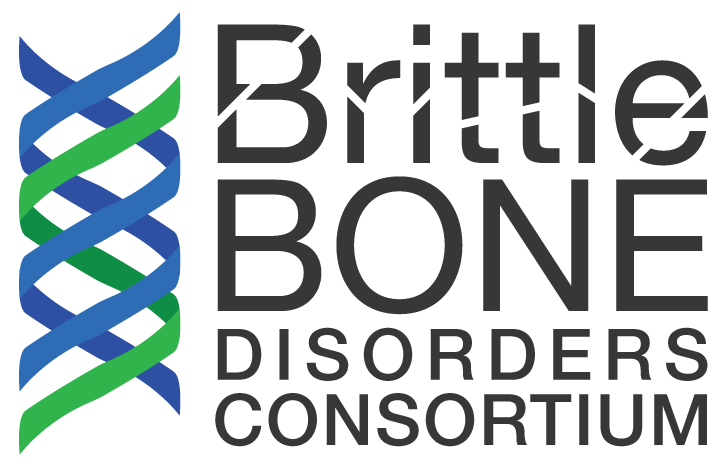Background
Osteogenesis imperfecta (OI) is a rare inherited disorder that causes bones to break easily. Individuals with Osteogenesis Imperfecta break bones often and may have other problems, including hearing loss and pain and difficulty getting around. People with moderate to severe OI often have skull and neck defects. These patients may have severe teeth misalignment resulting in clinically significant chewing problems. Teeth misalignment in OI is very hard to treat because of the quality and quantity of bone. People with moderate to severe OI may also be diagnosed with dentinogenesis imperfecta (DI). DI is characterized by grey or brown malformed teeth that may chip and wear down and break easily. The overall goal of this study is to study dental and craniofacial abnormalities of patients with moderate to severe OI to improve their quality of life.
Purpose of the study
We will look at dental health in people with OI. We will describe teeth misalignment and head and neck defects in individuals with moderate to severe Osteogenesis Imperfecta (OI).
About this Study
We will look at some of your results from the Longitudinal Study of OI to complete the study evaluations. Several X-rays will be performed for this study.
Schedule of Events Table: The following notes the tests that will be completed during the study:
| Study Visit | Baseline | 36 Months |
|---|---|---|
| 3D scans of the oral cavity | Yes | Yes |
| Cone Beam CT ( 3D Xray of the head) | Yes | Yes |
These study visits may take place at the same time as the Longitudinal Study of OI study visits.
Targeted Enrollment
To be able to participate, you must:
- Have a clinical diagnosis of OI other than OI type I.
- Be 10 years and older.
- Be enrolled in the Longitudinal Study of OI.
How to participate:
We greatly appreciate your interest in this study and in advancing the understanding of Osteogenesis Imperfecta.
In order to participate, you must contact the study coordinator of any of the participating institutions by phone or by e-mail. Please use the information below to inquire about participation.
Contact: Dianne Nguyen
Address: Molecular and Human Genetics
One Baylor Plaza R814 Mail Stop 225
Houston, Texas 77030
Phone: 713-798-6694
Fax: 832-825-1515
Email: diannen@bcm.edu
Please Note: The Rare Diseases Clinical Research Network will make every effort to enroll all the patients we can, but we cannot make any guarantees that we will be able to enroll everyone in a particular study who wants to participate.

